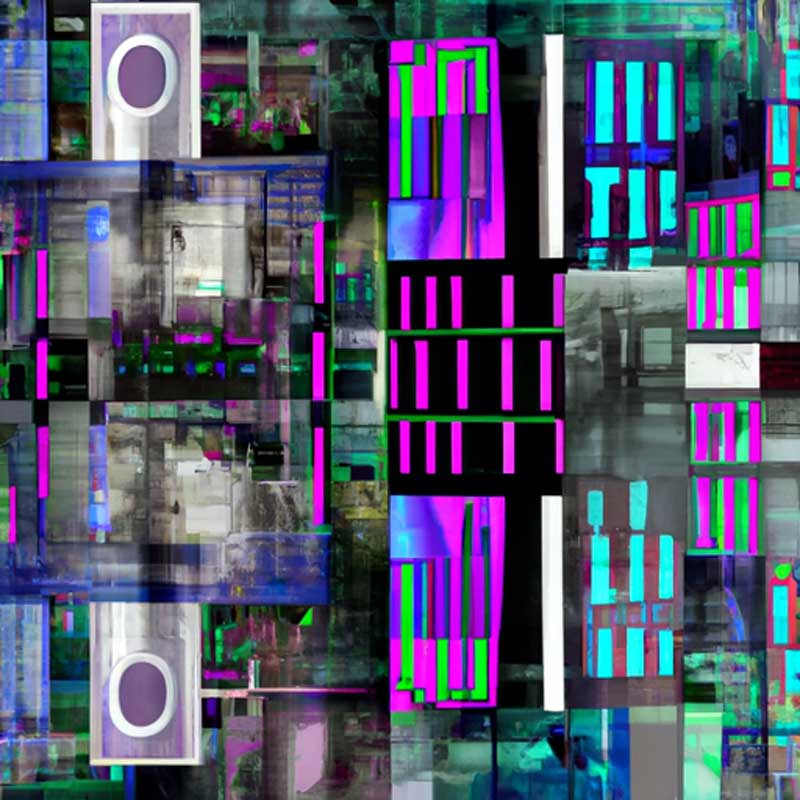TLDR:
Key Points:
- Generative AI is facing scrutiny in courts over potential copyright violations.
- Copyright law protects original works of authorship in various categories.
In the realm of generative AI, courts are grappling with the question of whether using copyrighted material as training data for AI models constitutes fair use. The training data is crucial for teaching AI models to replicate human creativity, but the sheer volume of data required makes it impractical to obtain proper rights from all creators. The four tests for fair use – purpose, nature of the original, amount used, and effect – must be considered to determine legality.
Generative AI models, such as ChatGPT, have raised concerns about potential copyright infringement by producing verbatim copies of copyrighted material. Legal cases, such as the one brought by the New York Times against OpenAI, are challenging the notion of what constitutes copyright violation in the age of AI. The courts will need to consider the unique challenges posed by generative AI in the context of modern copyright law.
